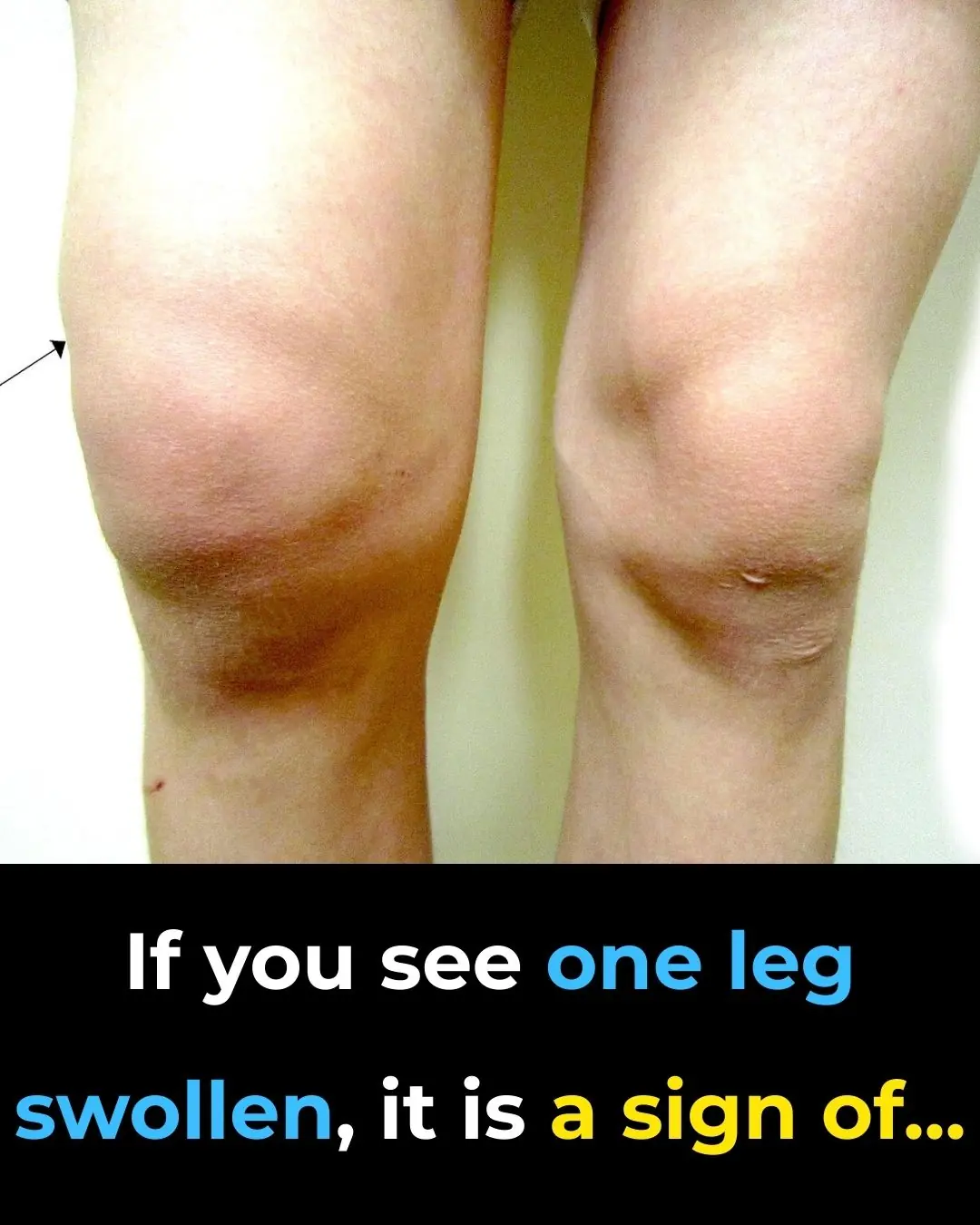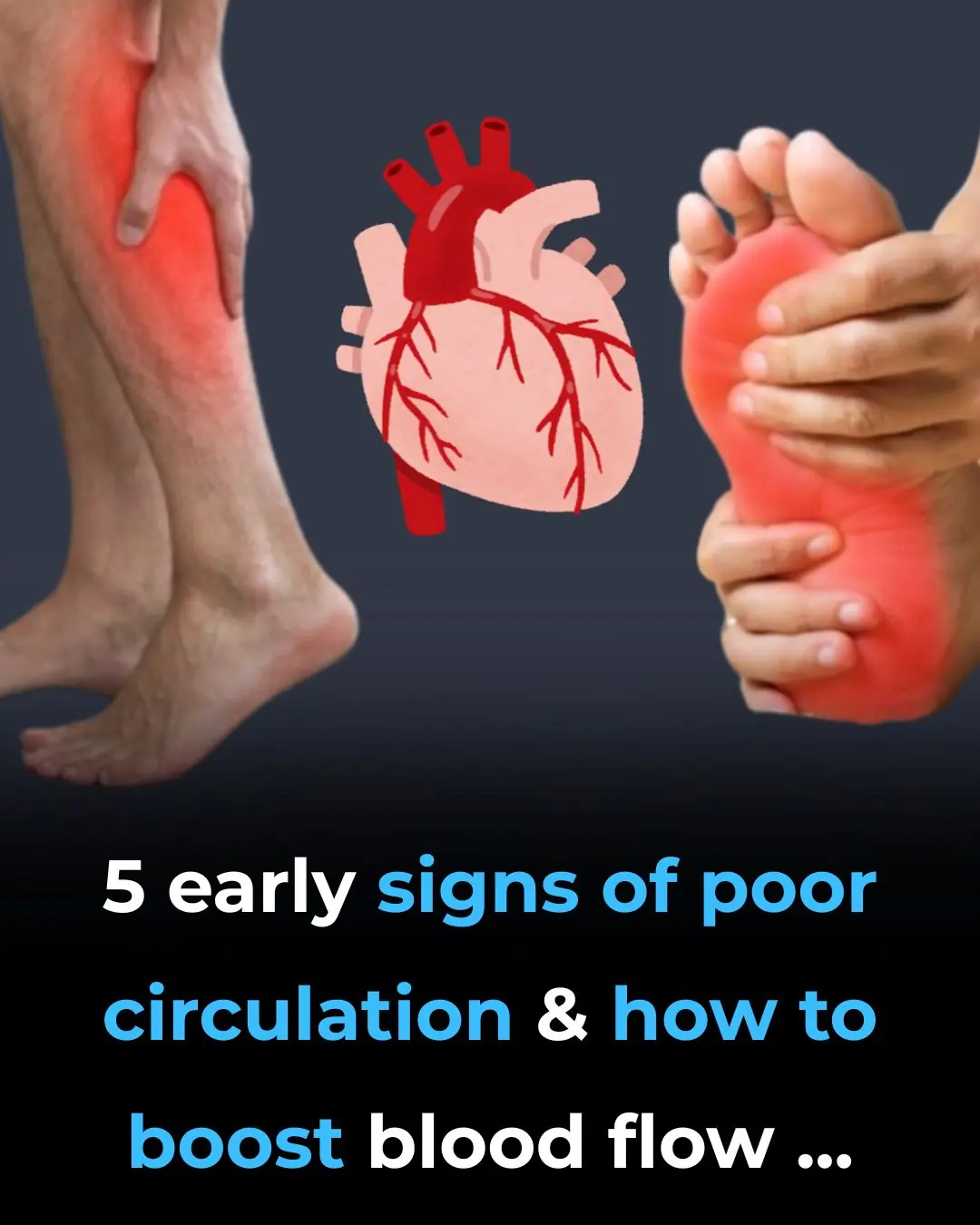
High Blood Pressure Drug Linked to Heart Failure, Study Shows

Beta blockers, a class of medications commonly prescribed to lower high blood pressure, have long been used to manage hypertension — one of the primary risk factors for heart disease. However, new research suggests that these drugs may not affect men and women in the same way.
A study published in the journal Hypertension by researchers at the University of Bologna revealed that women taking beta blockers for high blood pressure face a nearly 5% higher risk of developing heart failure compared to men when they are hospitalized with acute coronary syndrome (ACS), a condition encompassing a range of urgent heart problems including heart attacks.
The researchers conducted an in-depth analysis of how beta blockers impact individuals with hypertension who have no prior history of cardiovascular disease. Their aim was to determine whether biological sex or gender might influence patient outcomes following an episode of acute coronary syndrome.
“Historically, most clinical trials investigating the effects of beta blockers have included a predominantly male population,” said Dr. Raffaele Bugiardini, professor of cardiology at the University of Bologna and lead author of the study. “This has left a significant gap in understanding how these medications affect women, who are often underrepresented in cardiovascular research.”
To address this disparity, the study reviewed data from 13,764 adult patients across 12 European countries. All participants had hypertension but no previous diagnosis of heart disease. The researchers categorized the patients by sex/gender and divided them into two groups: those who were taking beta blockers and those who were not.
Key findings from the study include:
-
Among patients taking beta blockers, women were 4.6% more likely than men to develop heart failure after presenting with acute coronary syndrome.
-
The mortality rate for both men and women with heart failure was approximately seven times higher than that for patients who had acute myocardial infarction without heart failure.
-
Among individuals with ST-segment elevation myocardial infarction (STEMI), a particularly dangerous type of heart attack, women had a 6.1% greater likelihood of developing heart failure compared to their male counterparts.
-
In contrast, men and women who were not on beta blockers showed similar rates of heart failure, suggesting that the gender disparity in outcomes may be related to the medication itself.
“These findings raise serious questions about whether beta blocker therapy is equally safe and effective for women with hypertension,” Dr. Bugiardini emphasized. “For women who have no prior cardiovascular conditions, it may be especially important to explore alternative ways of managing blood pressure, such as through lifestyle changes including diet, physical activity, and stress reduction.”
Although the study opens the door for important clinical discussions, the authors also acknowledged several limitations. Since the study was observational in nature, it cannot establish direct causality. Further research is required to confirm these findings and uncover the underlying mechanisms behind the gender differences observed.
One possible explanation, though not directly tested in the study, is that hormone replacement therapy (HRT) — commonly used by postmenopausal women — may interact with beta blockers in ways that increase the risk of heart failure. This area remains under-investigated and represents a key opportunity for future research.
Despite these limitations, the authors argue that the findings are compelling enough to warrant a re-evaluation of current treatment guidelines. However, they also noted that a randomized controlled trial (RCT) to test the risks of beta blockers in women with hypertension may not be ethically viable, since it could expose participants to harm in the absence of clear therapeutic benefit.
“The most important takeaway,” Dr. Bugiardini concluded, “is that sex and gender must be considered in the development of treatment plans for hypertension. Precision medicine is not just about genetics — it’s about recognizing how differences between men and women affect treatment responses and long-term health outcomes.”
News in the same category


Early Signs of Liver Damage You Shouldn’t Ignore

Wrinkles Aren’t Just a Sign of Aging – Here’s What’s REALLY Causing Them

This is World’s ‘Most Lethal’ Food That Claims 200 Lives Annually

The danger of storing this in the refrigerator: a common habit that can affect your health

There is one thing you must unplug every time it rains or thunders

Just one spoon and you’ll run to the bathroom

Why Is One Knee Swollen but Not the Other?

A1c Testing in EDs Can Spot Undiagnosed Diabetes Cases

Recurring UTIs? 9 Proven Nonantibiotic Solutions

10 powerful plants to eliminate excess mucus and phlegm naturally

Spot these 10 warning signs of a stroke one week before

How to Get Rid of Worms in Humans

Proven Foods to Beat Gas and Bloating and Flatten Your Stomach

How to Make Lavender Lemonade to Help Get Rid of Headaches and Anxiety

1 shot to open arteries instantly (prevent heart attack & stroke)

5 early signs of poor circulation & how to boost blood flow

1 food for heart attack, hypertension, stroke and cholesterol?

Beta-Blocker Dos and Don’ts
News Post

Bizarre truth behind viral Tennessee truck stop that's impossible to visit

You Won’t Believe How Easy It Is To Get Rid Of Warts And Skin Tags With This Trick

Early Signs of Liver Damage You Shouldn’t Ignore

Wrinkles Aren’t Just a Sign of Aging – Here’s What’s REALLY Causing Them

Drift Off in Under Two Minutes with This Military-Approved Sleep Technique

This is World’s ‘Most Lethal’ Food That Claims 200 Lives Annually

The danger of storing this in the refrigerator: a common habit that can affect your health

There is one thing you must unplug every time it rains or thunders

Just one spoon and you’ll run to the bathroom

Why Is One Knee Swollen but Not the Other?

A1c Testing in EDs Can Spot Undiagnosed Diabetes Cases

Recurring UTIs? 9 Proven Nonantibiotic Solutions

10 powerful plants to eliminate excess mucus and phlegm naturally

Spot these 10 warning signs of a stroke one week before

🦷 Understanding Tooth Decay and Remineralization

🧄 Health Benefits of Eating Raw Garlic Daily

🌿 Stinging Nettle (Urtica dioica): 17 Remarkable Benefits You Should Know

Pokeweed (Phytolacca americana): A Toxic Plant to Avoid

Aloe Vera and Clove Toner: A Natural Remedy for Aging Signs
